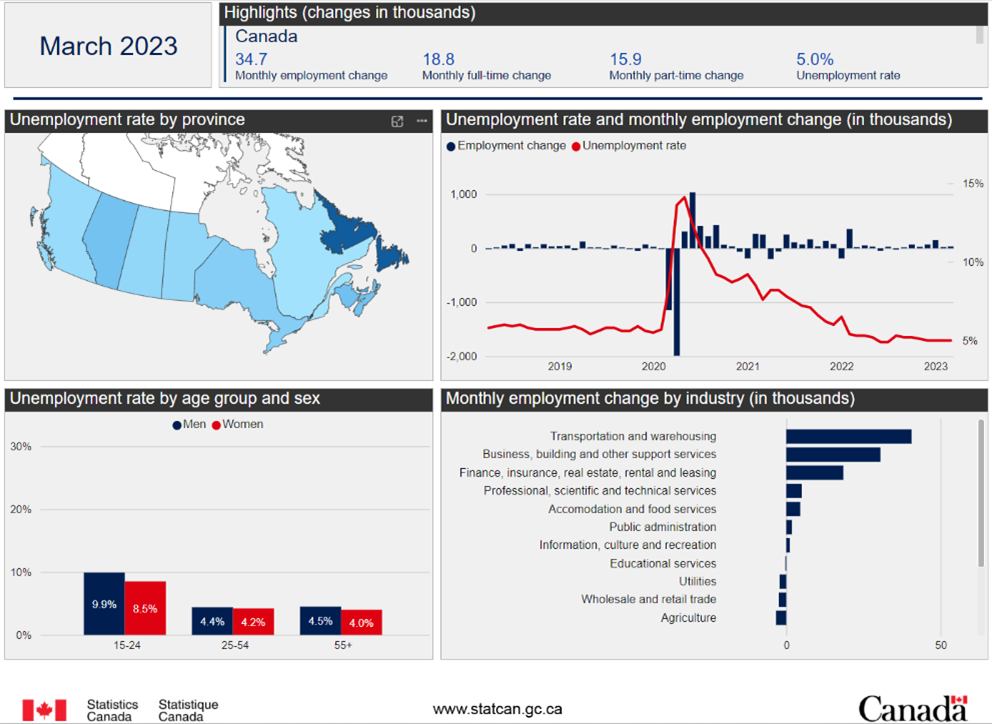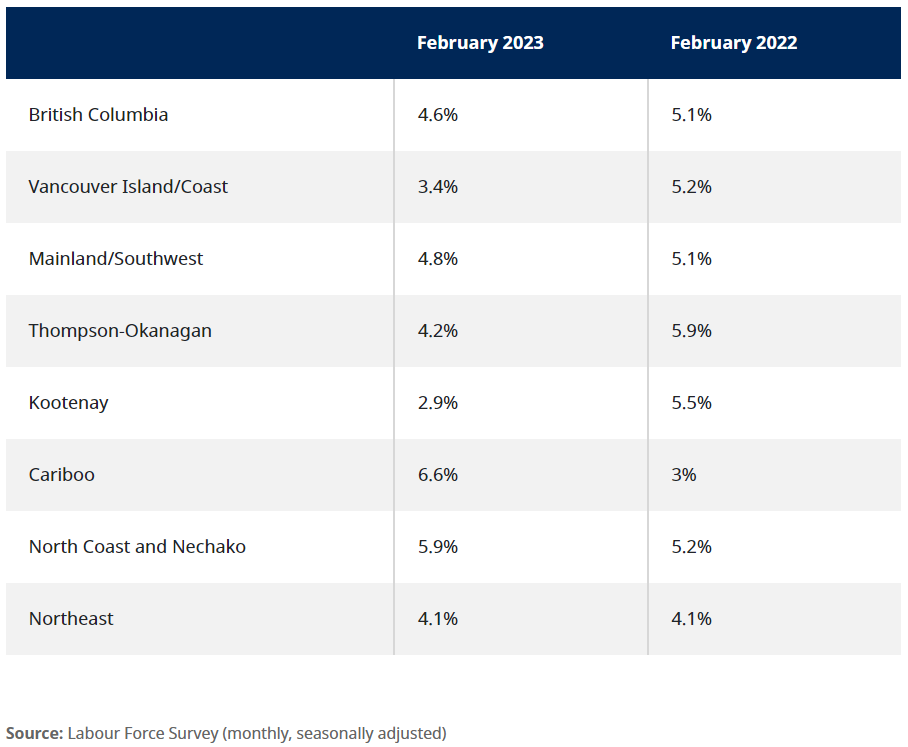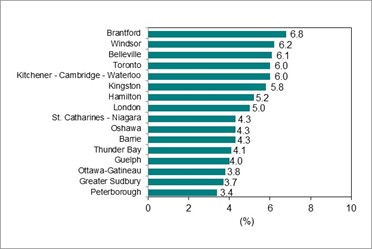Increases To The Minimum Wage: It affects everyone - here's how to prepare now:
You may be under the impression that if you are not currently paying minimum wage for any of the roles in your organization, that the upcoming increases in minimum wage don’t affect you. However, any employee working within a few levels above minimum wage could also be concerned about how their wage may be impacted if the most entry-level wage will now be within a hair’s breadth of their own. It’s therefore important to be prepared for those conversations when they come up.
In 2023, there are increases to minimum wage across many of the territories ABL customers operate in, including British Columbia ($16.75 on June 1, 2023) and Ontario ($16.55 per hour October 1st, 2023), while Federally regulated companies have already moved to $16.65 per hour on April 1, 2023. Find out what other provinces are doing here.
As of March 2023, employment rates across Canada are back to pre-pandemic levels, and in some areas, are even better. More people than ever are entering the employment market. Anyone who can and wants to work, is working.

See how industries in your province are affected by clicking this link and choosing your province:
What this tight employment market means for companies looking to fill positions is that often you’re competing with many other businesses for your preferred employee. Increases in minimum wage may encourage a few more people into the workforce, but it’s hard to see how that will have a major impact given the near- full employment levels we’re experiencing.
While many of our markets are experiencing record-high cost of living rates, increased minimum wage levels can often have mixed results:
- causing an increase in consumer-spending beyond “the bare basics” which helps bolster the economy (which in turn can help minimize higher inflation),
while simultaneously
- causing the cost of consumer goods to increase.
However it plays out in our markets, our provincial governments have enacted these increases, and so it’s up to businesses and their staffing partners to manage the outcomes and try to minimize any negative impacts.

This chart shows unemployment rates in each region of B.C. as of February 2023, from WorkBC:

Chart is from Ontario.ca and shows the average unemployment rate for Ontario Census Metropolitan Areas (CMAs) in January 2023:
So how can businesses prepare their budgets, hiring managers, and existing staff for the affects of the increased minimum wage levels?
- REVISE your budget plans to accommodate upcoming* minimum wage increases.
- REVIEW which job descriptions will be affected by this year’s increases – both minimum wage jobs and those close to minimum wage.
- PARTNER with a staffing company like ABL who understands the challenges in retaining your employees who will no longer be making much more than minimum wage after the increase takes effect.
- PROACTIVELY EDUCATE your current employees and customers on how this minimum wage increase will affect them.
- REASSESS the impact that low unemployment rates in your province or region have on recruiting & retention plans with your staffing partner at regular intervals, particularly in light of this year’s minimum wage increases. The low unemployment rate directly impacts your company’s ability to attract and retain available and qualified workers.
Contact us if you have questions about how ABL Employment is helping its client companies manage the changes and challenges the increase in minimum wage presents to businesses we partner with.
Read more about regional and provincial unemployment rates:
Read more about the Ontario Minimum Wage and related info:









